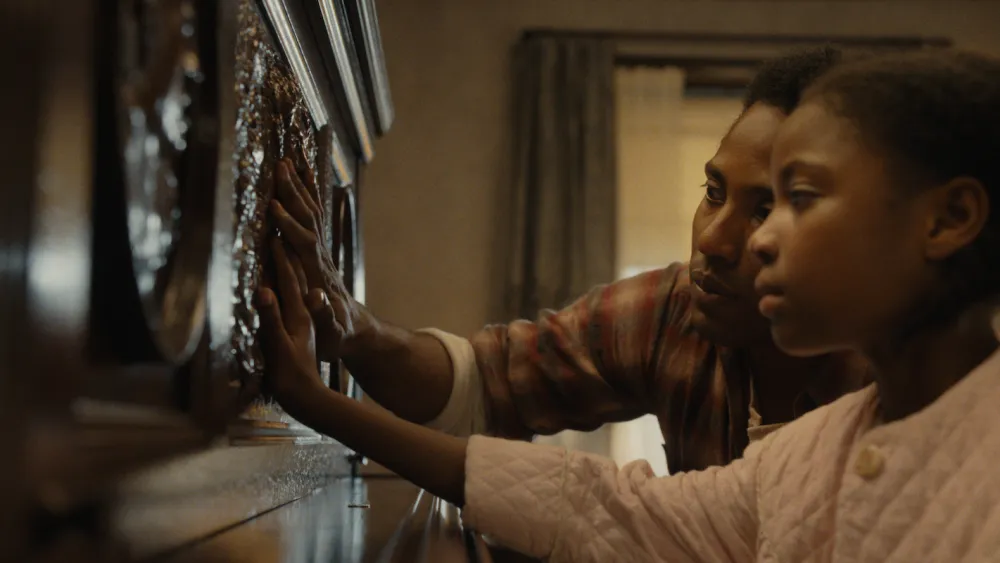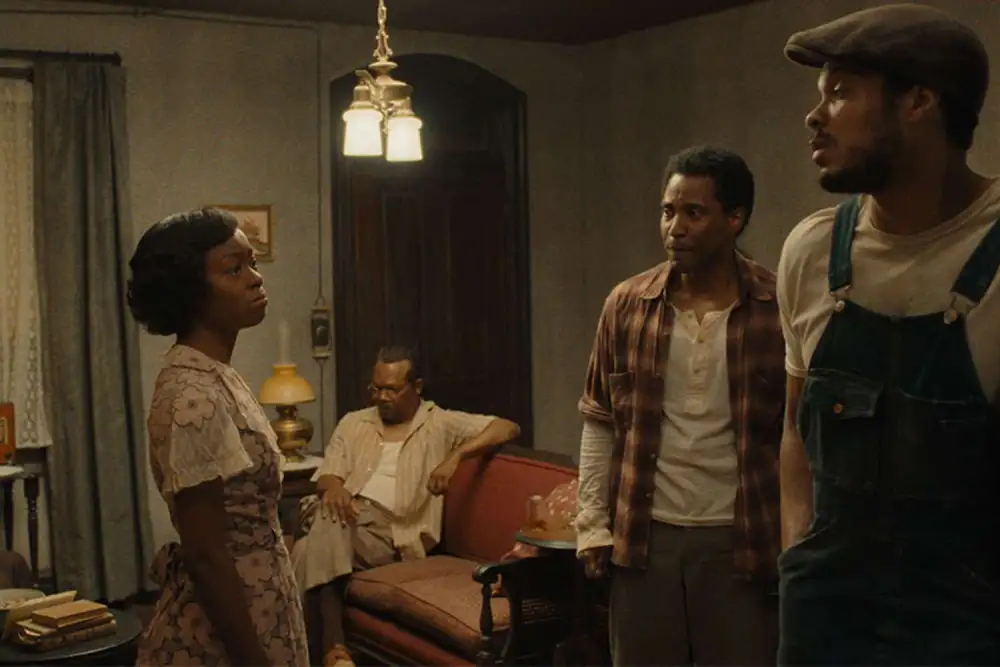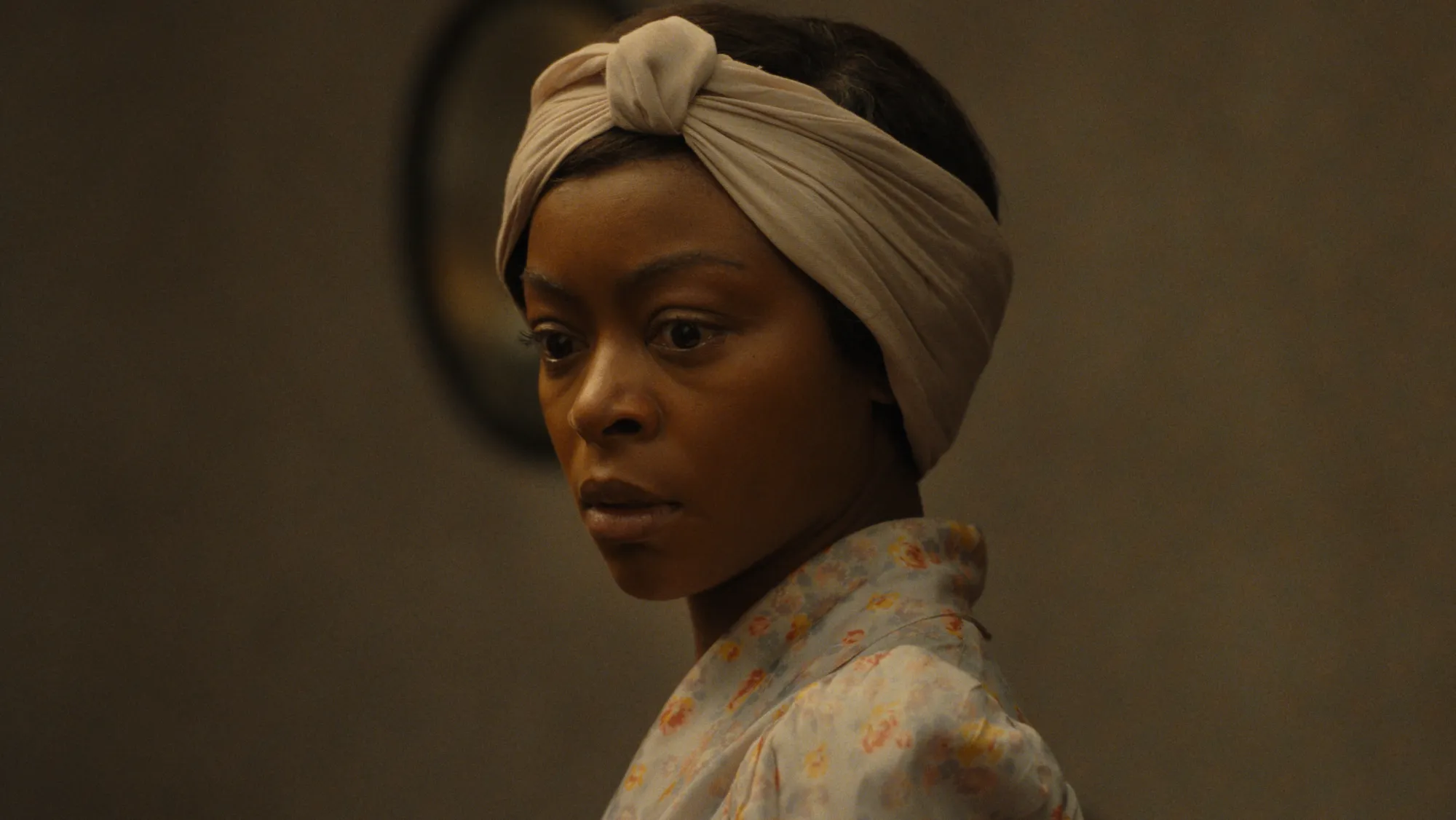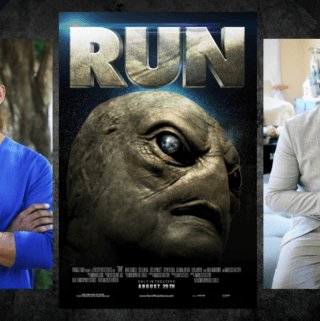Malcolm Washington's feature directorial debut, The Piano Lesson, is incredibly moving, powerful, and a worthy adaptation of August Wilson’s play.
The Piano Lesson Review
August Wilson's award-winning works have inspired audiences for well over two decades. Wilson's collection of 10 plays known as The Pittsburgh Cycle, are a series that chronicles the experiences and heritage of the African-American community during the 20th century. Within the last several years, some have been translated from the stage to the screen bringing about a new level of recognition for the impact his stories have had on our culture. 2016's Fences, directed, starring, and produced by Denzel Washington, earned a Best Picture nom and gave Viola Davis her much-deserved Best Supporting Actress award. Then Washington produced the 2020 Ma Rainey’s Black Bottom, which went on to win two Oscars and saw the late Chadwick Boseman deliver a powerful performance (which also received a nomination). Now, in 2024, the Washington family is adapting The Piano Lesson. Denzel once again is serving as producer, while his son Malcolm Washington makes his feature directorial debut, and his other son, John David Washington, stars.
At its heart, this is a story about the importance of honoring your ancestors and defining what that legacy means as present and future generations grow in our ever-changing world. People change, different circumstances lead to differing opinions, and even those raised in the same household don't necessarily become adults who see eye-to-eye. Our experiences shape us as much (and sometimes more) than those who raised us. But does that mean we forget where we came from or the sacrifices made by others to get us to this moment? The Piano Lesson traverses this topic, giving grace and space to viewpoints that ultimately aren't as different as they first seem. It is incredibly moving and powerful, simply captivating as it brings to life August Wilson's words, and ultimately elevated by a powerhouse performance by the brilliant Danielle Deadwyler.
The Charles family has had their share of heartache and trauma. In 1911, as the Fourth of July fireworks lit up the Mississippi sky, the young Charles brothers go into the home of Mr. Sutter to take a piano. This isn't just any piano, it's something that has been in the family for generations and has been carved with the many faces of the Charles family who were enslaved by the Sutter family. As they make their escape, one brother, the father of Berniece (Danielle Deadwyler) and Boy Willie (John David Washington), stays behind to throw Sutter and his ilk off their tracks. They never see him again. 25 years later, Boy Willie and his friend Lymon (Ray Fisher) show up unannounced, with a truck full of watermelon to sell, to his uncle Doaker (Samuel L. Jackson) and Berniece’s house in Pittsburgh. He has a plan– sell the watermelon, sell the piano, and buy back the land their father once worked on for Sutter. But as Berneice tells him, this family heirloom is not for sale.
It can be difficult taking a play to the big screen, especially one that utilizes a single location. However, Malcolm Washington puts in the work, fleshing out the world hinted at but never shown on stage, while working with cinematographer Mike Gioulakis to maximize all the moments spent inside Doaker and Berniece’s house. We are transported to Mississippi, walking with Boy Willie in the fields as his eyes sparkle with thoughts of what he can accomplish with this patch of dirt. Then there is the nightclub, where he and Lymon let loose and enjoy some of their hard earned money for the night. In the house, at times it feels spacious, warm, and inviting while at others the ghosts of their family's past haunt them from the shadows. Balancing supernatural moments like those with the emotional depth permeating Wilson's words could not have been easy. But Washington, adapting the script along with Virgil Williams (ER, 24, Criminal Minds), found a way. He grounds the moments with realism no matter if they are the quieter, familial sequences or the big third act finish that really brings the paranormal aspects to the foreground.
Of course none of this would work nearly as well as it does without The Piano Lesson's amazing ensemble cast. Much of them come from the 2022 Tony award-winning Broadway production. Samuel L. Jackson brings a quiet strength to Doaker, a man who would rather not dwell on the past and instead enjoy sitting on the porch during the day and drinking whisky with his brother at night. But don't mistake him for a pushover. Jackson knows how to turn up his presence and ferocity when it's needed, especially when dealing with his young, hot-headed nephew. Fisher is reserved, dim, almost meek, especially in comparison to Washington's Boy Willie. However, he isn't as dull as you first expect, casually using his large frame and dulcet tones to woo the ladies (and the audience) to his side. Michael Potts, who plays Wining Boy Charles, is full of life and mischief, conning anyone who gives him half a chance. He is also someone who fiercely loves his family.
John David Washington gives his all as Boy Willie, even if at times it seems his performance is more suited for the stage rather than a film. Still, he pours his soul into the frantic energy of Boy Willie, tackling the ups and downs of family drama while speaking in mile-a-minute speeches. He is driven by a desire to emulate his father and take up the legacy he feels was left behind when he died. Bottom line though, The Piano Lesson is commanded by the brilliant Danielle Deadwyler, who deserves all the accolades this awards season. She is intense, sharp, and commands each scene she is in especially when she is facing down Boy Willie and his attempts to be the dominant force in play. Despite her prickly demeanor, we empathize with Berniece who is trying to live her life, raise her daughter, and has zero time to deal with the foolishness her brother brings to her door. When everything shifts into the horror of their trauma, Deadwyler effortlessly goes there, and you can't help but be wrapped up in her delivery.
The Piano Lesson's set design is fairly simplistic, keeping with the times the story is set in, however the piano itself is stunningly detailed thanks to the work of production designer David Bomba. As it should be, given that it is the centerpiece every event and argument orbits around. For Boy Willie, the piano is a way out of his struggles and a way to reclaim the future that was robbed by Sutter and his men. Berniece, on the other hand, sees it as a reminder not only of their family's legacy but as something that holds the pain of life after the loss of their father. As the two continue to bump heads over it, the figurative and literal ghosts of the past materialize to remind them both what this piano actually represents. The piano is a symbol of generational trauma, with Boy Willie and Berniece acting as examples of the ways people confront, deny, or run away from it.
Verdict
Ultimately, The Piano Lesson is incredibly moving, powerful, and a worthy adaptation of August Wilson’s play. Danielle Deadwyler is absolutely brilliant as Berniece while the entire ensemble cast delivers award worthy performances. The finale, which brought the subtle metaphorical supernatural components center stage brought me to tears. It was truly amazing and left me thinking about how I have handled my family's generational trauma and blessings. Malcolm Washington proves himself to be a confident and capable director, handling Wilson's emotionally captivating work with care and reverence. I look forward to watching whatever he decides to tackle next.
The Piano Lesson premiered at the 2024 Toronto Film Festival. It is coming to US theaters November 8 and then to Netflix on November 22. The film is rated PG-13 for strong language, violent content, some suggestive references and smoking with a runtime of 127 minutes.









Leave a Reply